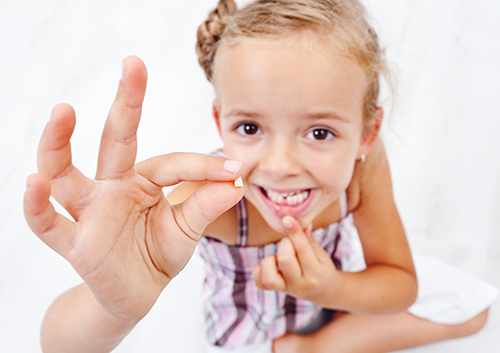How do I know if I’m at risk for oral cancer?
December 24th, 2025

Every year, over 50,000 North Americans are diagnosed with oral or throat cancer, which has a higher death rate than many other common cancers, including cervical cancer, testicular cancer, Hodgkin’s lymphoma, and thyroid or skin cancers. The high death rate results from the fact that most oral cancers go undiagnosed until the disease is well advanced and has spread to another part of the body, most often, the lymph nodes in the neck.
Because oral cancer is typically painless in its early stages and often goes undetected until it spreads, many patients aren’t diagnosed until they are already suffering from chronic pain or loss of function. However, if detected early, Sandra Martin and our team at Sandra Martin Family Dentistry want you to know that early detection of oral cancer improves the survival rate to 80 percent or more.
If you visit our Wake Forrest, North Carolina office regularly, you have probably received an oral cancer screening and didn’t even realize it. That’s because the exam is quick and painless; Sandra Martin and our team check your neck and mouth for signs of oral cancer such as discolorations, lumps, or any changes to your tissue. Oral cancer is typically found on the tongue, lips, gums, the floor of the mouth, or tissues in back of the tongue.
Factors that may influence your risk for developing oral cancer include:
- Use of tobacco products. Smoking cigarettes, cigars, a pipe, or chewing tobacco all elevate risk for developing oral cancer. Tobacco use especially is a serious risk factor because it contains substances called carcinogens, which are harmful to cells in your mouth.
- Excessive consumption of alcohol. Those who drink alcohol regularly have an elevated risk of getting oral cancer. Alcohol abuse (more than 21 drinks in one week) is the second largest risk factor for the development of oral cancer, according to the Oral Cancer Foundation.
- Excessive sun exposure. Those who spend lots of time outdoors and do not use proper amounts of sunscreen or lip balm have a greater risk for developing lip cancer. Exposure to ultraviolet (UV) radiation from sunlight may also cause melanoma, the most serious type of skin cancer.
- Your age. Oral cancer is typically a disease that affects older people, usually because of their longer exposure to other risk factors. Most patients diagnosed with oral cancer are over the age of 40.
- Your gender. Oral cancer strikes men twice as often as it does women.
- A history with viral infections, such as human papillomavirus (HPV).
- A diet low in fruits and vegetables.
In between your visits to our office, it is critical for you to be aware of the following signs and symptoms, and give us a call if these symptoms don’t go away after two weeks.
- A sore or irritation that doesn’t disappear
- Red or white patches
- Pain, tenderness, or numbness in mouth or lips
- Difficulty chewing, swallowing, speaking, or moving your jaw or tongue
- A change in the way your teeth fit together when you close your mouth
During your next visit, Sandra Martin will examine your mouth for signs of oral cancer. If you have been putting off a visit to our Wake Forrest, North Carolina office for your regular checkup, now is an excellent time to schedule one. Regular visits can be the first line of defense against oral cancer because we can identify early warning signs of the disease. Give us a call today!




